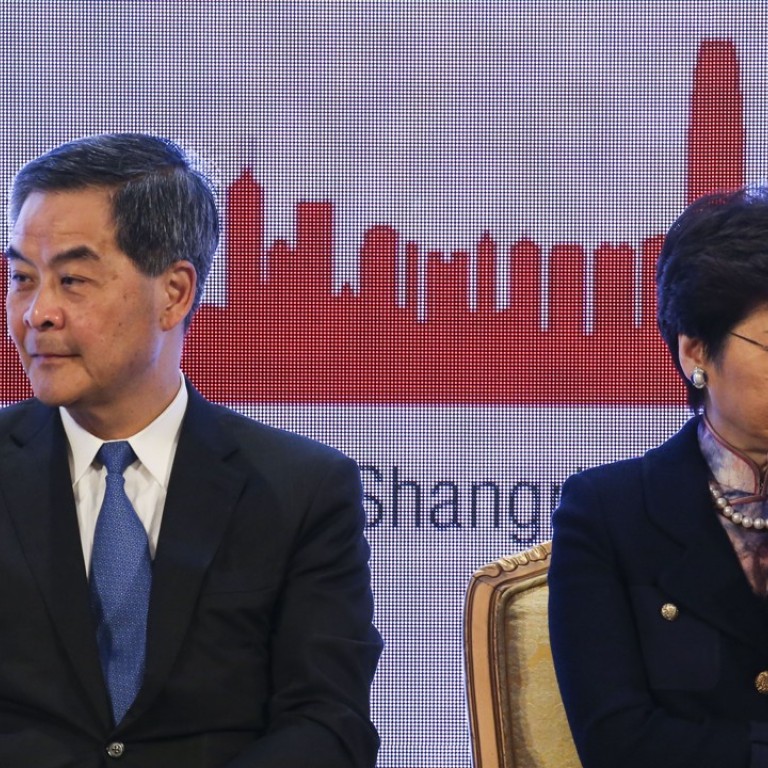
By sending CY Leung’s allies packing, Hong Kong leader Carrie Lam makes progress in defusing city’s political tensions
The chief executive has tried to drain government advisory committees and statutory bodies of her predecessor’s allies and also appointed some pan-democrats.
In the year she has been in office, Chief Executive Carrie Lam Cheng Yuet-ngor has tried to drain government advisory committees and statutory bodies of the allies of her predecessor Leung Chun-ying.
She has also used the proverbial olive branch several times – nine to be precise. At least that many pan-democrats – traditionally the government’s political competitors – have been appointed there.
The move to reduce partisanship in these groups and organisations is probably part of the reason she has been able to cool the political temperature in the city, which peaked during Leung’s term.
Can Hong Kong’s leader ever pull off a ‘Trump-Kim’ type reconciliation between the city’s political factions?
As pledged during her campaign, Lam revamped the government’s influential policy think tank. She renamed it the Policy Innovation and Coordination Office, removed loyalists and launched an open recruitment exercise for young researchers.
When the think tank was still called the Central Policy Unit, Leung invited his close ally Sophia Kao Ching-chi to join as a policy researcher but sources said she actually became a powerful “HR department”, vetting all advisory body appointments.
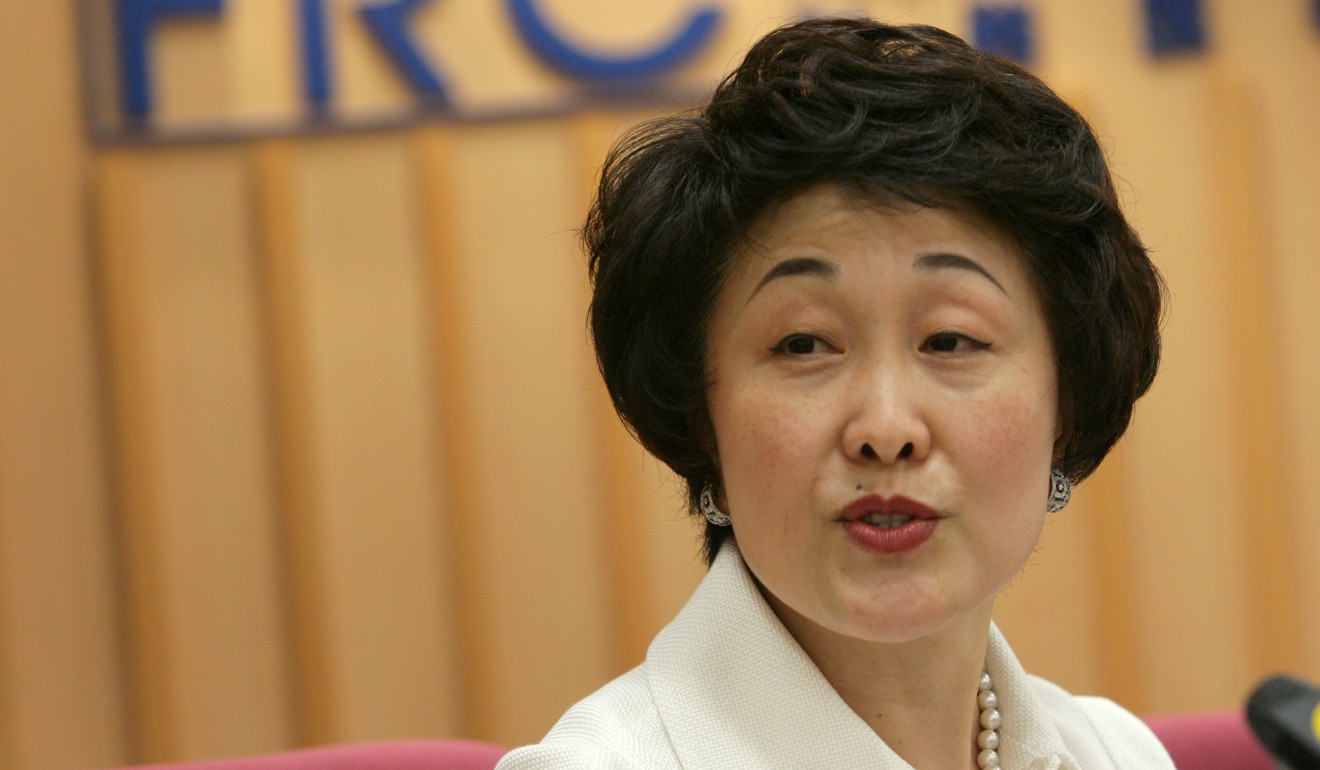
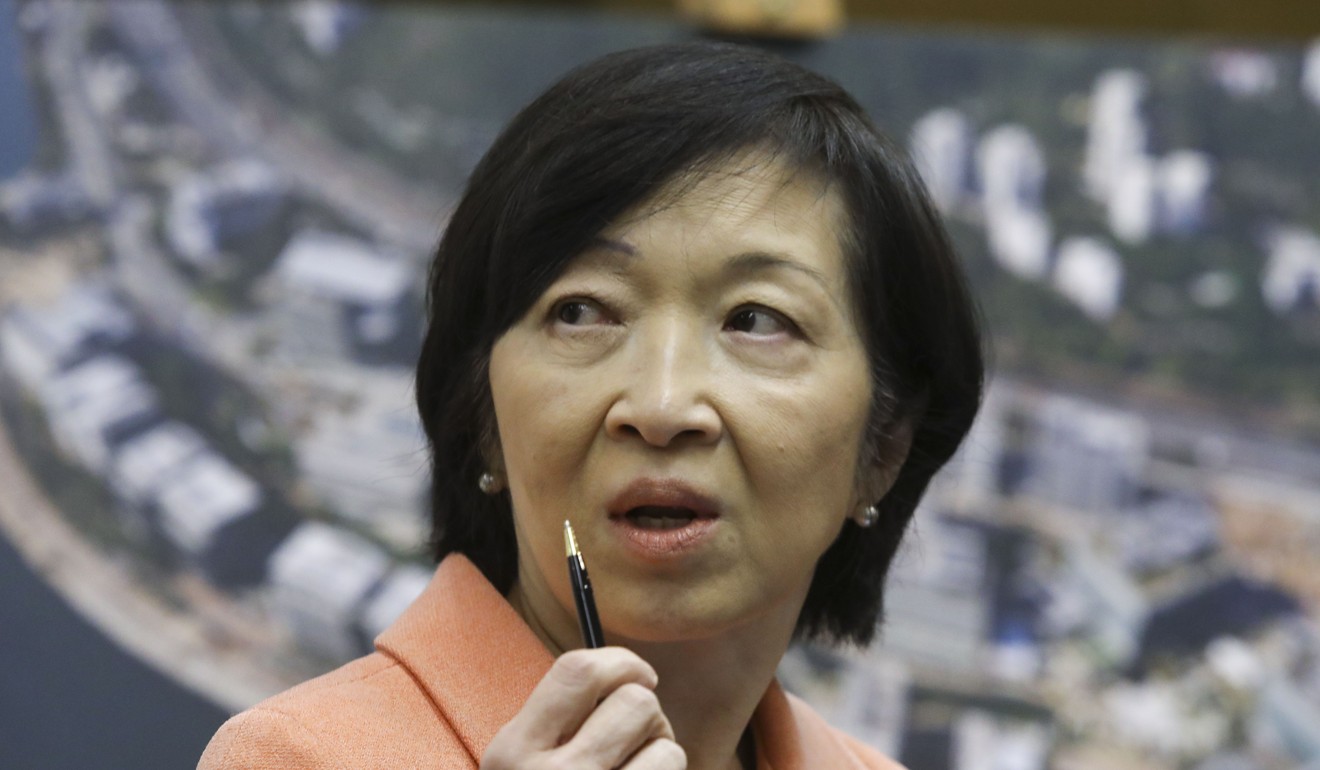
In terms of appointing pan-democrats, Lam nearly doubled the number with nine compared with four for Leung in the last year of his term.
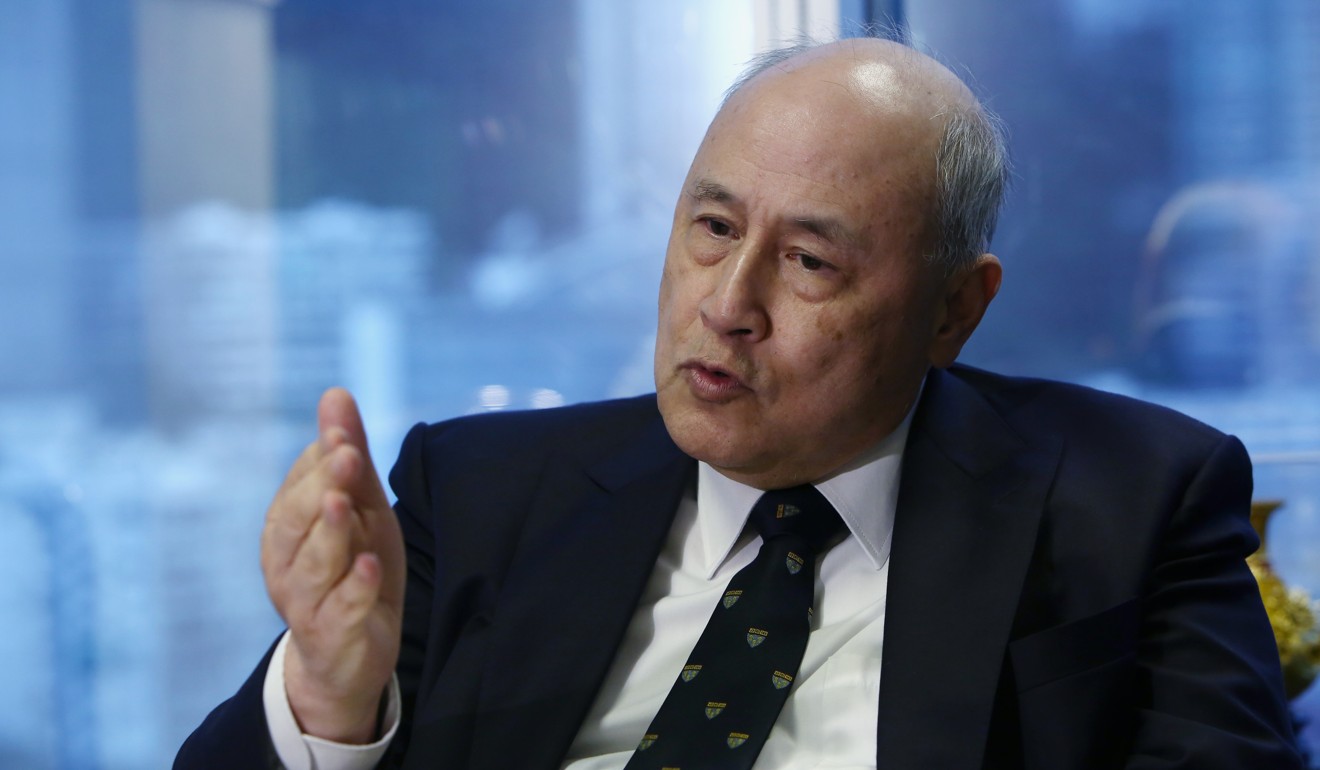
Joining Tam in the newly established taxi committee is former Democratic Party lawmaker Sin Chung-kai, whose rising young party colleague Senia Ng Sze-nok was also appointed to the Youth Development Council. Two conveners of moderate political think tank Path of Democracy – Raymond Mak Ka-chun and Gary Wong Chi-him – were selected for two committees, on top of its founder Ronny Tong Ka-wah being chosen to be in Lam’s cabinet, the Executive Council.
“Objectively, Lam has been working better than Leung for sure. What Leung did was to turn most of the appointments into a kind of political reward,” Wan said. “Advisory committees collect different opinions from society. How can a one-sided committee reflect the public voice?”
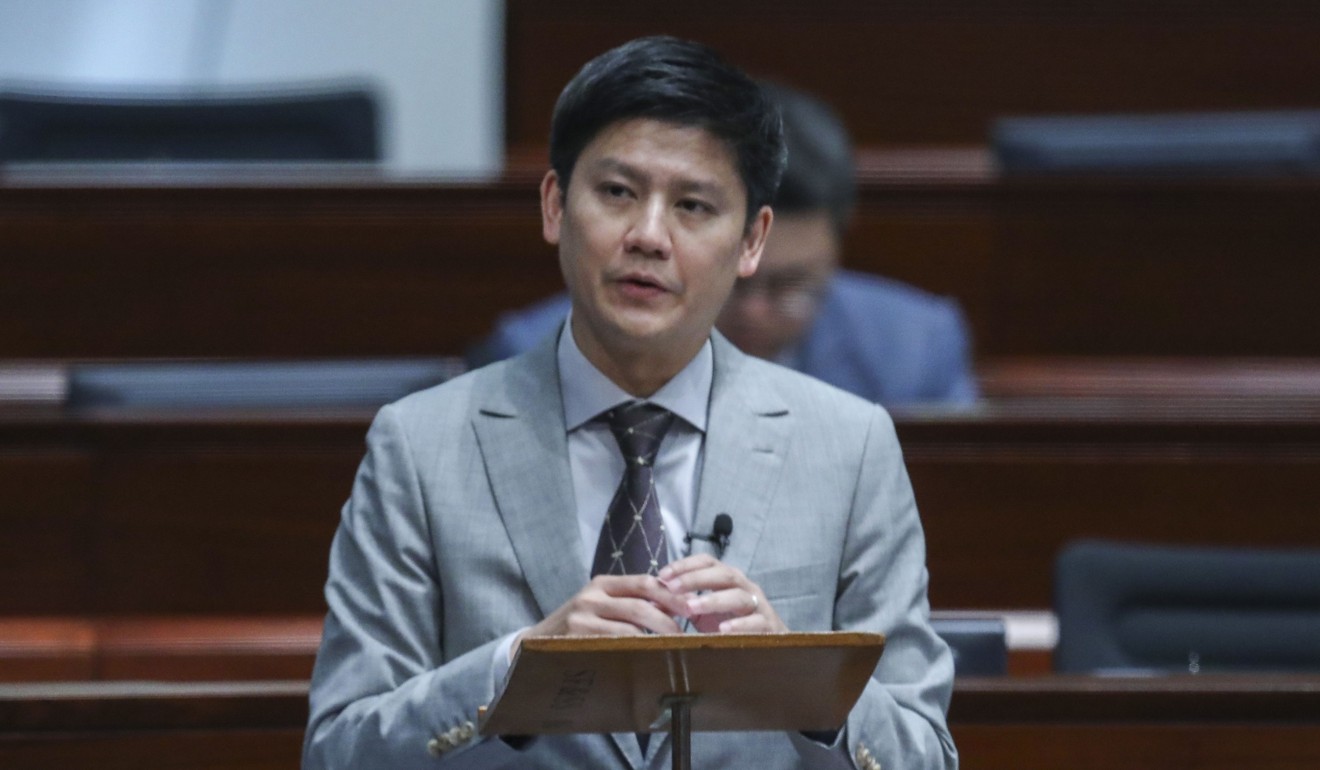
Wan was among the rare appointees approved by Leung, and named as a Housing Authority member a few months before the leader stepped down.
Wan said he believed it was a decision largely made by then housing minister Anthony Cheung Bing-leung instead.
He noted Lam was playing a smart game by withholding some key positions from pan-democrats.
Carrie Lam ‘more willing to listen to different views’ than CY Leung, says Hong Kong lawmaker Kenneth Leung
Despite the removal of Maria Tam from the key post advising ICAC, pan-democrats were not among the seven new appointees for the four advisory committees under the city’s anti-graft watchdog. One is from the pro-establishment New People’s Party, Gigi Wong, and the rest are professionals with no party affiliation.
As for the IPCC, it was seen to be losing its monitoring function over the police force given Leung’s choice of six members with pro-establishment party or group affiliations. In previous administrations, the council had fewer such members, with this balanced by the presence of pan-democrats.
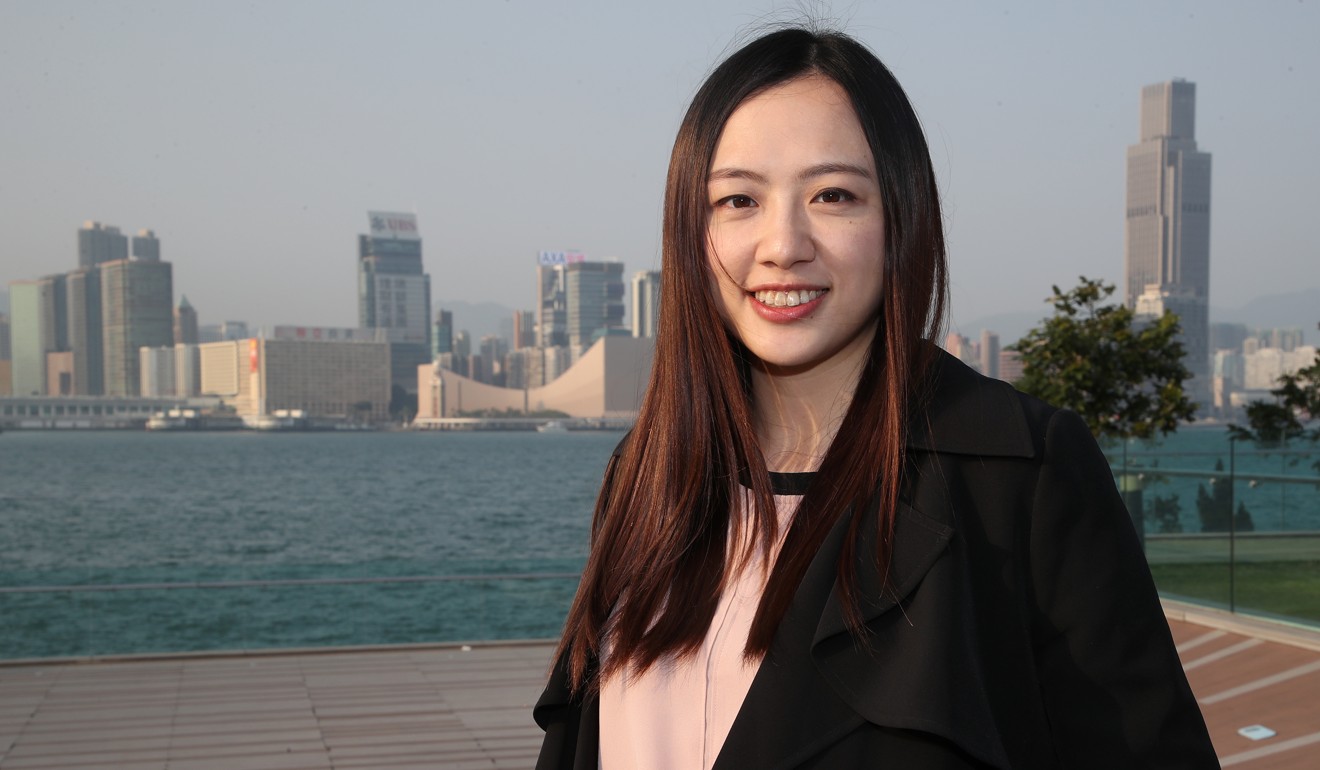
When Donald Tsang Yam-kuen was chief executive from 2005 to June 2012, pan-democrats Kenneth Leung and Helena Wong Pik-wan served as vocal members of the council.
“That shows Lam has reservations when it comes to the committees with key powers. You could say she is not ‘CY 2.0’, but she is not as fair as Tsang or the British governors,” Wan said.
Carrie Lam proves she’s no CY Leung clone with her first policy address
Political scientist Ma Ngok of Chinese University noted Lam had cleared off some “symbolic and unpopular” supporters of Leung, but he believed it would take more time for her to make more significant changes.
“It is always a tactic for governments to appoint just a token number of pan-democrats to make committees more representative. But the number has never affected the overall balance,” he said, referring to how the committees were still supportive of the government.

